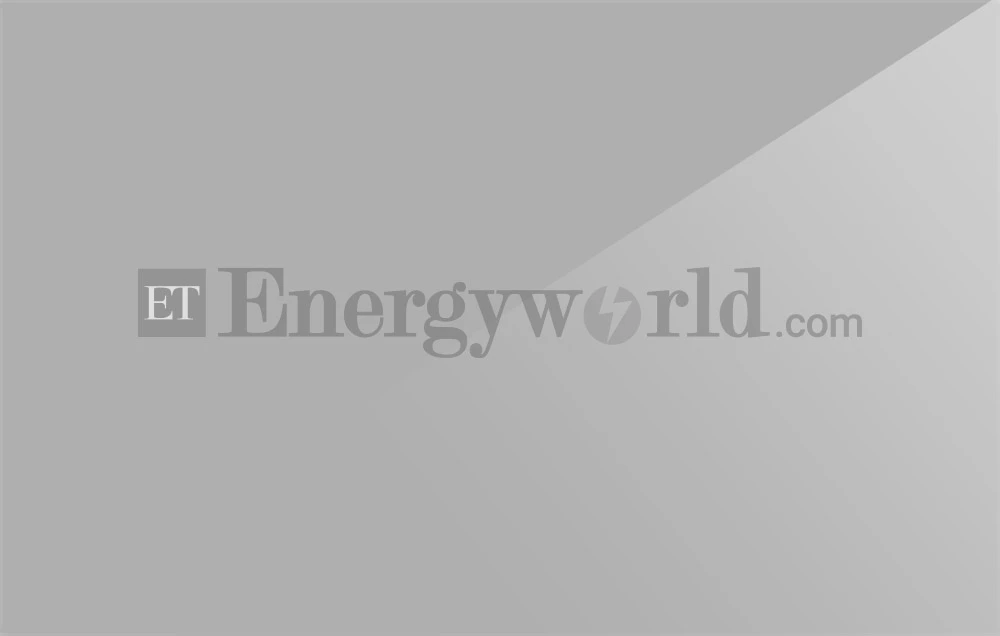Battery pack prices sink to $55/kWh — Will this spark India’s energy storage surge?

Battery prices have fallen by nearly 50 per cent to around USD 55 per kilowatt-hour (kWh) in recent months, resulting in a significant correction in energy storage system tariffs, according to a report released by SBI Capital Markets.

The report titled Returns Charge Ahead As Battery Prices Discharge notes that standalone Battery Energy Storage System (BESS) tariffs have stabilised in the range of ₹0.22–0.28 million per MW per month for two-hour storage configurations, following the decline in battery pack prices from about USD 115/kWh in December 2024 to USD 55/kWh as of May 2025. Indian battery prices are still slightly higher at USD 70–80/kWh.
Battery costs constitute over 50 per cent of BESS capital expenditure. The report states that viability gap funding (VGF) of up to 40 per cent, capped at ₹2.7 million/MWh, continues to play a critical role in ensuring tariff sustainability. Without VGF, tariffs are expected to rise by over 30 per cent.“To improve cost structure and enable tariff competitiveness, policy measures such as incentives for BESS and battery pack manufacturing, increased duties on containerised BESS imports, zero import duty on battery manufacturing equipment, and 5 per cent GST on key components should be prioritised,” the report said.As of March 2025, 31 GWh of standalone BESS tenders had been issued since March 2022, of which only 4.9 GWh were awarded. The majority of the tenders are for two-hour, two-cycle systems. A sharp reduction in tariffs has been observed post-October 2024, driven by declining input costs and improved market familiarity.The report projects that India will require 230 GWh of energy storage by FY32 and estimates an annual battery demand of 40 GWh over the next seven years, considering oversizing to meet technical guarantees.India has announced 150 GWh of domestic battery manufacturing capacity, but a large portion is expected to be diverted to the electric vehicle segment. The report states that China will remain the dominant supplier for battery imports in the near term.On the policy front, standalone BESS tenders remain availability-based, with a minimum 95 per cent availability requirement and 85 per cent round-trip efficiency. The typical contract tenure is 12 years.In contrast, firm and dispatchable renewable energy (FDRE) tenders involving wind, solar and battery storage remain complex and yield project-specific tariffs. These tenders have largely been awarded to traditional thermal power developers.The report also notes a shift in tender design from fixed capacity-based models to load-following and peak demand configurations. Agencies such as SECI are increasingly issuing round-the-clock and peak-based tenders, which now constitute a significant portion of new capacity being auctioned.India’s solar-plus-storage systems have recently recorded record-low tariffs under ₹6/kWh, leading to increasing deployment potential across industrial and commercial use cases.
- Published On May 30, 2025 at 08:39 AM IST
energy.economictimes.indiatimes





